
LOS CABOS: Presidents Barack Obama and Vladimir Putin said Monday that Syrians must be free to choose their future, but there was little sign they eased differences on ending the brutal violence.
The two presidents, in a closely watched first meeting since Putin returned to the Kremlin, did unite to call on Iran to live up to its nuclear obligations, as talks between Tehran and world powers stumbled in Moscow.
While Putin said talks at a Mexican resort ahead of the G20 summit found “common points” on Syria, there was no indication of a plan that could end violence which has killed thousands and see President Bashar al-Assad eased from power.
“In order to stop the bloodshed in Syria, we call for an immediate cessation of all violence,” the leaders said in a joint statement issued after days of antagonism between Moscow and Washington on the issue.
“We are united in the belief that the Syrian people should have the opportunity to independently and democratically choose their own future.”The two leaders restated support for UN envoy Kofi Annan, despite the failure of his plan to halt the violence and sectarian strife.
Washington is concerned at Russian arms sales to Syria and frustrated that Moscow is blocking attempts at the UN Security Council to tighten sanctions and perhaps prod Assad out of power.
Russia appears suspicious Washington is bent on regime change in Damascus and is keen not to lose an alliance that dates from the Cold War and offers Moscow naval bases with access to the eastern Mediterranean.
On Iran, Putin and Obama agreed in a joint statement that Tehran must “undertake serious efforts aimed at restoring international confidence in the exclusively peaceful nature of its nuclear program.””To this end, Tehran must fully comply with its obligations... and cooperate with the International Atomic Energy Agency for the expedited resolution of all remaining issues.”
Their intervention came as negotiators from Iran and world powers clashed in in Moscow talks billed as one of the final chances for a peaceful solution to the standoff over claims Tehran is building a nuclear bomb.
Obama insisted that there was still “time and space” for a diplomatic solution, but the atmospherics in Moscow will prompt grave concern among US officials.
Monday's meeting came as analysts speculated that Obama would not enjoy the same easy accommodation with the confrontational Putin as he did when engineering a “reset” of US-Russia ties with his predecessor Dmitry Medvedev.
The two men appeared cordial but formal when talking with reporters after two hours of talks.
There was little progress evident in ending a row over a US missile defense system in Europe which Moscow opposes, with the leaders pledging in a statement to work towards joint solutions despite “differences.”
Putin thanked Obama for helping Russia’s entry into the World Trade Organization, and the US leader said he would push Congress to overturn Cold War-era restrictions on Russian trade.
While differences seemed clear between the two leaders, the fact they issued a long, detailed statement pledging to strengthen “close and cooperative” relations appeared to indicate neither side wanted rows to dominate.
Obama sees his repair of relations with Moscow as a key legacy building foreign policy achievement, which yielded a new Start nuclear arms reduction treaty and cooperation on Iranian nuclear sanctions and Afghanistan.
But the two sides have sparred openly since Putin returned to the presidency last month, after accusing the United States of orchestrating demonstrations against him in Moscow last year.
Facing a tough re-election fight, Obama has little room for maneuver politically, and there is speculation on whether Putin's own political position, in the shifting maelstrom of Russian politics, is secure.
Obama was famously caught on an open mic in Seoul in March asking Medvedev to tell Putin he would have more flexibility on a US missile defense scheme, which Moscow fiercely opposes, after November's election.
The US president also needs to protect his political flank. His Republican foe Mitt Romney has branded Russia a geopolitical threat and sees Obama’s “reset” policy as a failure.


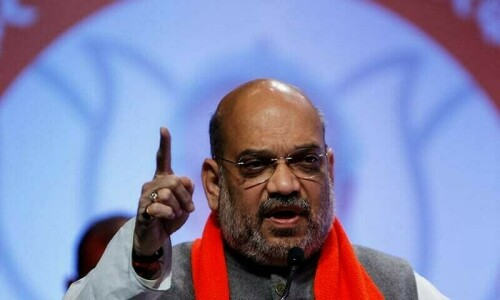














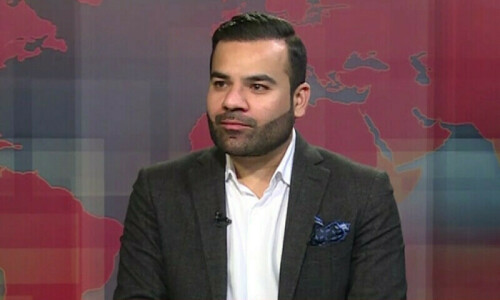
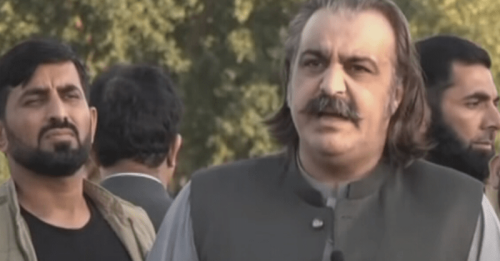




















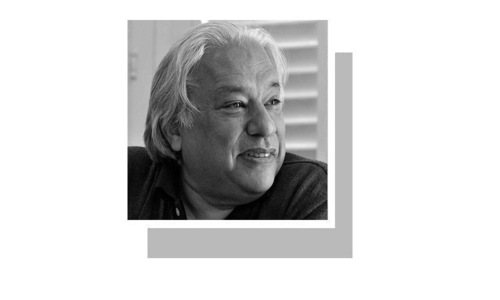

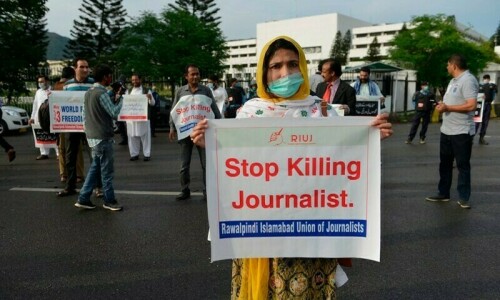


Dear visitor, the comments section is undergoing an overhaul and will return soon.